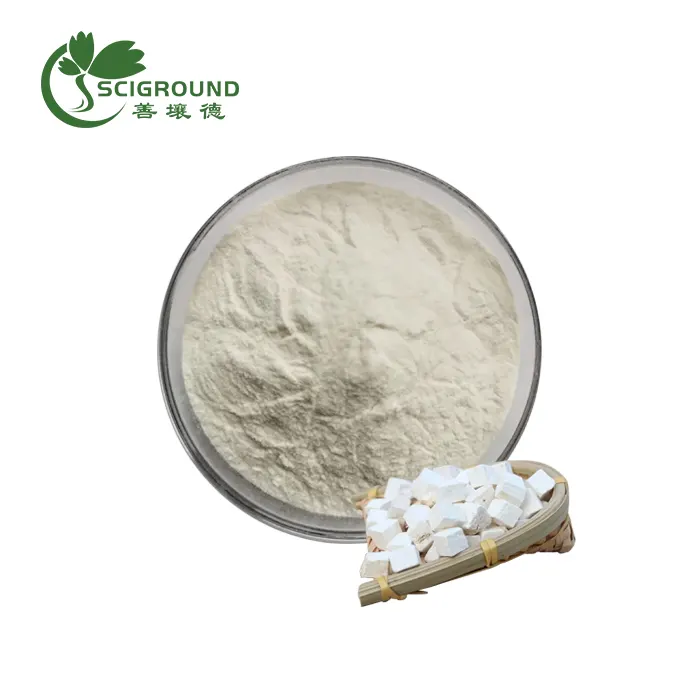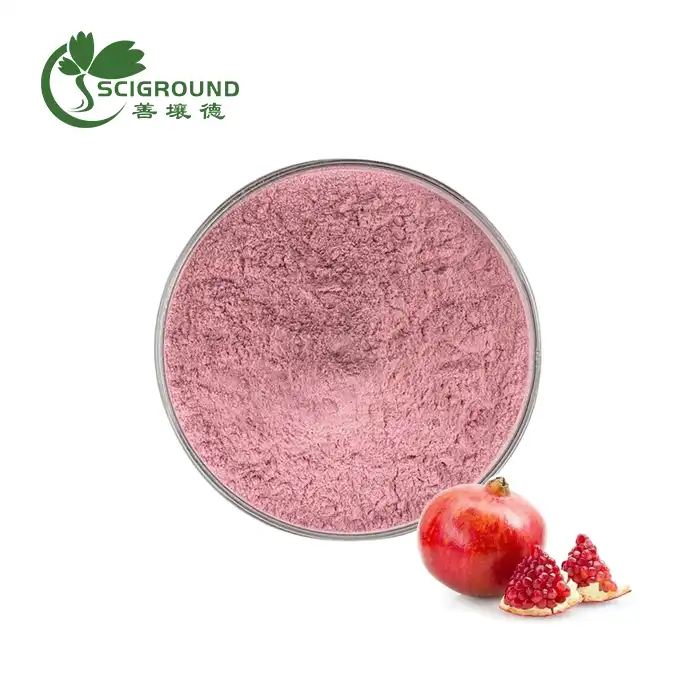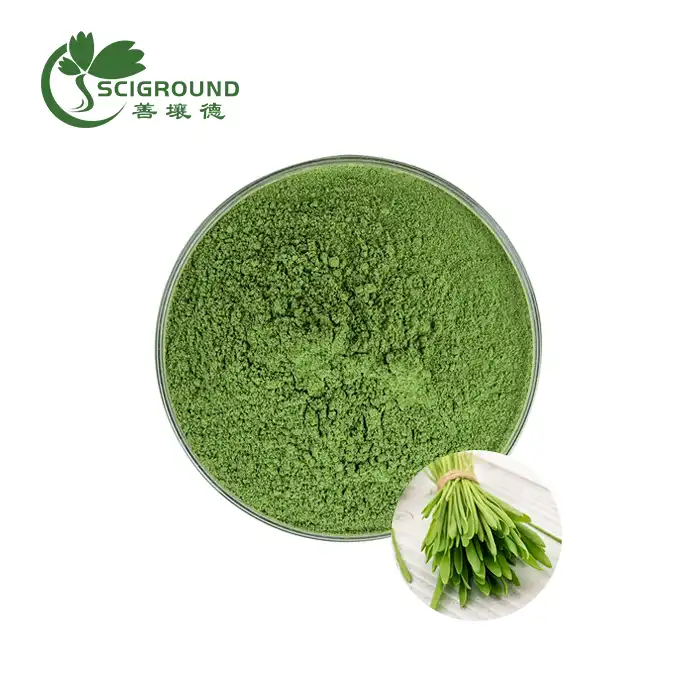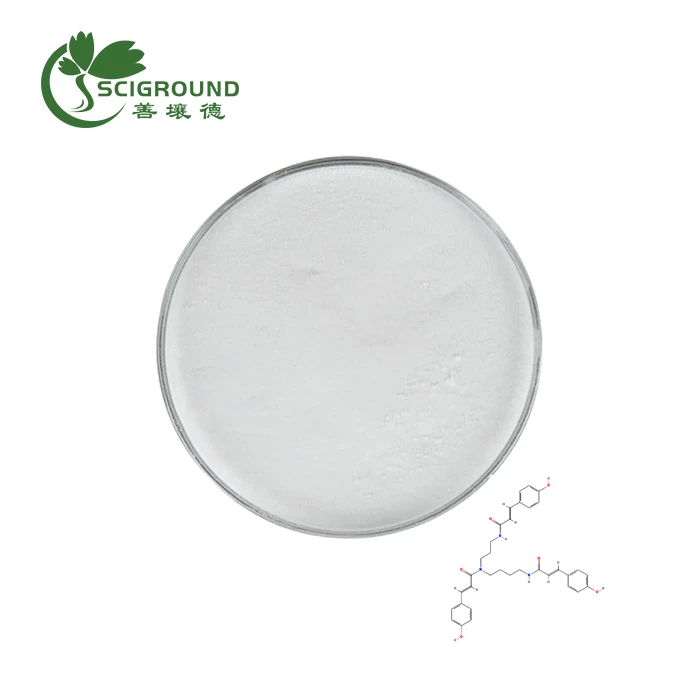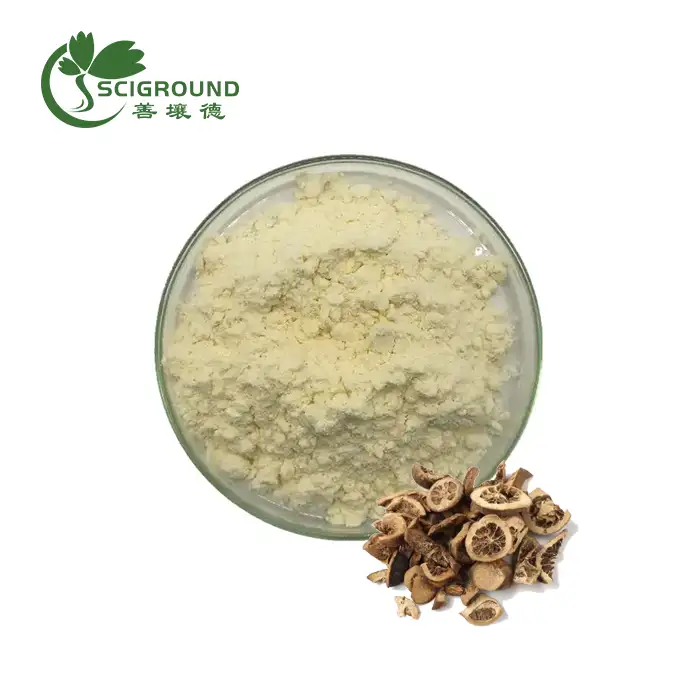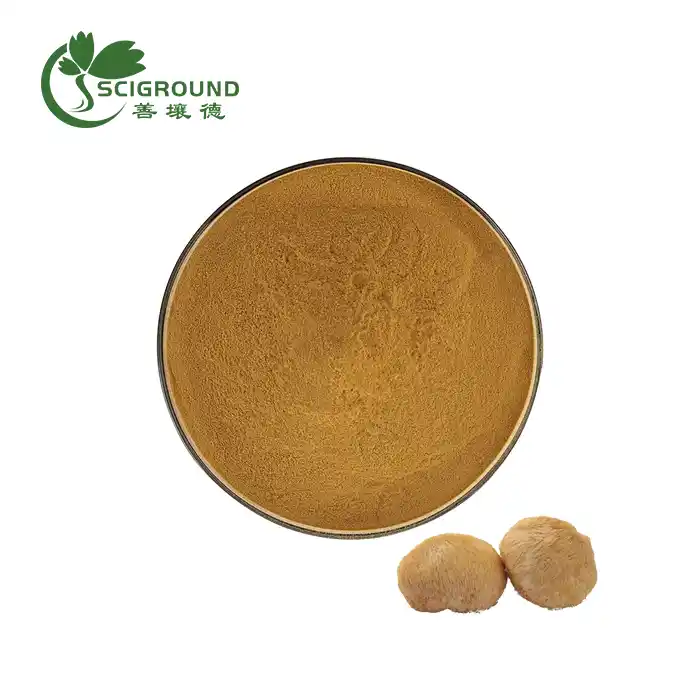Does bcaa expire
Are BCAAs still effective after their expiration date has passed? A year to two after expiration, BCAAs will still be effective. As long as the bottle hasn't been exposed to intense heat or sunshine and has been stored in a cool, dry environment.
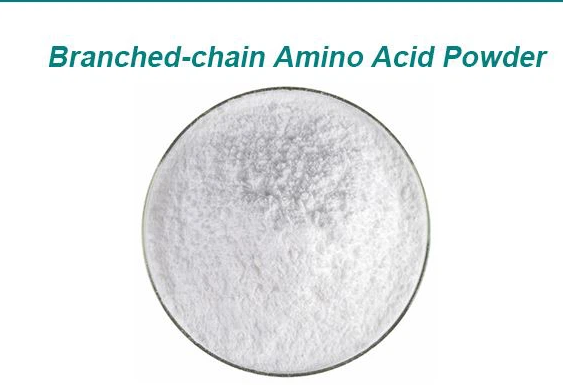
How Long Does BCAA Expire?
Most BCAA supplements have an expiry date around 1-2 years from the manufacturing date. However, unopened BCAA powder stored properly can often last 1-2 years beyond its listed expiry before significantly degrading.
A few factors determine BCAA supplement shelf life:
Storage temperature - BCAAs kept sealed in a cool, dry area degrade slower. Heat and humidity quicken amino acid breakdown.
Exposure to oxygen - Minimizing air exposure by keeping containers sealed preserves freshness.
Formulation - Added preservatives and stabilizers help prevent BCAA oxidation over time.
Like whey protein, liquid BCAAs have a shorter shelf life around 6-12 months once opened due to moisture exposure and breakdown. But dry powder BCAAs, if properly stored, retain quality well beyond listed expiry dates in most cases.
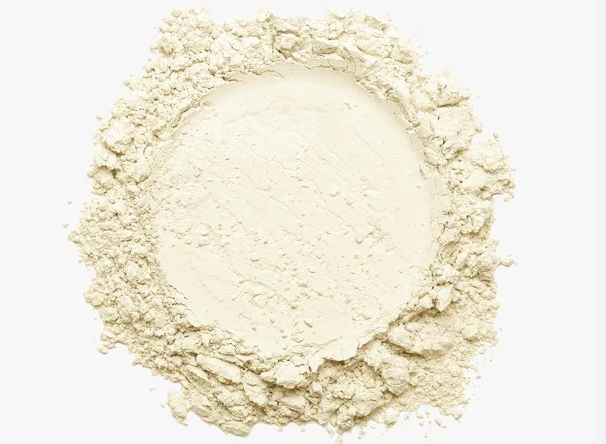
How Long Does BCAA Last In Water?
When mixed in water, BCAAs begin degrading immediately through oxidation but remain bioavailable for several hours. Over 24+ hours refrigerated, around 30% of BCAAs can be lost.
I recommend drinking BCAA water within:
4 hours when kept at room temperature.
8-12 hours if refrigerated.
24 hours maximum for retained effectiveness.
For prolonged stability, BCAA powder is best mixed fresh each use rather than pre-mixing large batches. Keeping solutions cool and minimizing air exposure optimizes BCAA content when mixed in water over time.
How Long Does BCAA Last In Your System?
Once ingested, BCAAs are absorbed rapidly and peak in your bloodstream within 30-60 minutes. The time BCAAs remain elevated depends on dosage:
At typical supplemental doses of 5-20 grams, BCAAs may stay elevated for up to 3 hours.
With very high doses of 40+ grams, BCAAs can remain significantly elevated for up to 6 hours.
So the beneficial effects of bulk BCAA powder like muscle protein synthesis stimulation, fatigue reduction, and quicker recovery can persist for several hours after dosing.
But BCAA concentrations return to baseline faster than other amino acid supplements due to their water solubility and quick absorption into muscles. This makes proper pre/post workout timing important.
Can I Use Expired Amino Acids?
While BCAA potency slowly declines past the expiry date, supplements stored properly can often be safely used 6-12 months beyond the listed date with minimal loss of effectiveness.
However, using BCAAs more than 1-2 years expired may provide insufficient leucine, isoleucine and valine to trigger maximal muscle protein synthesis.
I recommend discarding and replacing bulk BCAA if:
The powder has changed color, texture, smell or taste.
You notice less subjective benefits like focus, endurance or fatigue relief.
Using doses 50-100% higher but perceiving less effectiveness.
Adhering to listed expiry dates is ideal. But with careful inspection and testing, it’s often fine to use unopened BCAAs moderately past expiry.
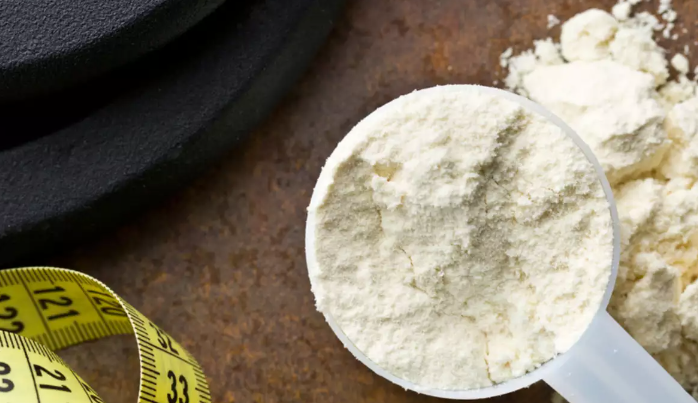
Does Protein Powder Expire?
Like BCAAs, sealed protein powders can maintain potency for around 1-2 years past expiry when properly stored cool and dry. Avoid using whey protein if:
Texture or solubility changes dramatically.
Distinct rancid smell not from added flavors.
You observe substantially reduced muscle benefit at equal doses.
Liquid ready-to-drink protein drinks have a shorter shelf life around 8-12 months. Inspect RTDs closely for any separation, sediment, or odd visual changes before consuming expired products.
Do BCAAs Go Bad In Water?
Yes, BCAA degradation accelerates when pre-mixed in water, though potency remains high for about 8-12 hours if refrigerated.
Signs that BCAA solutions have gone bad include:
Cloudiness, particulates, or layer separation.
Rancid odor distinct from added flavors.
Reduced effectiveness if consuming equal amounts.
While BCAA water remains effective for up to 12 hours refrigerated, pre-mixing does shorten shelf life. For maximum potency and stability, mix individual servings fresh rather than large batches.
Is It Safe To Use Expired BCAAs?
Generally, consuming expired but unopened and properly stored BCAAs within 6-12 months past the expiry date is safe when closely inspected for changes.
However, with products more than 2 years expired or degraded in quality, insufficient intake of the essential amino acids leucine, isoleucine and valine becomes a concern:
Leucine is crucial for muscle protein synthesis and recovery (1).
Isoleucine enhances endurance, stabilizes blood sugar (2).
Valine is vital for tissue repair and energy (3).
Without adequate intake of all three BCAAs from expired product breakdown, you may not obtain the full benefits for performance, muscle building and recovery.
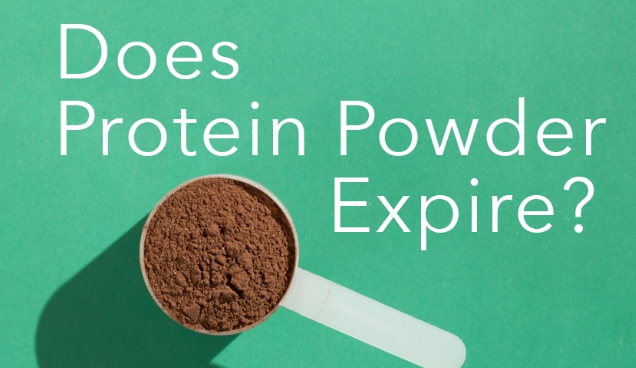
How Long Are Amino Acids Good After Expiration Date?
Like BCAAs, most pure amino acid supplements in powder form maintain integrity for around 12-24 months past their listed expiry date if stored correctly. However, I recommend discarding individual amino acids 2+ years expired where potency may be substantially reduced. Pay close attention to any changes in smell, texture, color or effectiveness.
Liquid ready-to-drink amino products have a shorter shelf life, remaining good for about 6-12 months past expiry before breaking down. Again, inspect closely and stop using liquids once you notice separation, sediment or other degradation issues.
How Long Does It Take For BCAAs To Be Active?
Thanks to their water solubility, BCAAs dissolve rapidly and are absorbed quickly into circulation, peaking in your blood within 30-60 minutes post-ingestion (4).
So the beneficial effects like delayed fatigue, reduced protein breakdown, and increased muscle protein synthesis become active within the first hour after dosing.
This makes bulk BCAA powder ideal pre-workout to provide these protective effects during your training session. But their impact quickly diminishes as circulating BCAA levels drop, so continued doses are needed to maintain effects.
The Takeaway
In summary, unopened BCAA powders can often last around 1-2 years past their expiry date if properly stored, though potency slowly declines over time. Once mixed in water, BCAAs begin oxidizing but remain bioavailable for 8-12 hours refrigerated.
The beneficial effects last just a few hours once ingested due to the quick absorption and metabolism of BCAAs. While not harmful short-term, consuming significantly degraded BCAAs provides insufficient essential amino acid intake long-term.
References:
Norton LE, Layman DK. Leucine regulates translation initiation of protein synthesis in skeletal muscle after exercise. J Nutr. 2006 Feb;136(2):533S-537S.
Askanazi J, Carpentier YA, Michelsen CB, Elwyn DH, Furst P, Kantrowitz LR, Gump FE, Kinney JM. Muscle and plasma amino acids following injury. Influence of intercurrent infection. Ann Surg. 1980 Aug;192(2):197-203.
Shew SB, Keshen TH, Jahoor F, Jaksic T. The cystine-glutamate antiporter and cystine supplementation increase intracellular glutathione in neonatal lymphocytes. JPEN J Parenter Enteral Nutr. 2009 Jul-Aug;33(4):464-72.
Tang JE, Moore DR, Kujbida GW, Tarnopolsky MA, Phillips SM. Ingestion of whey hydrolysate, casein, or soy protein isolate: effects on mixed muscle protein synthesis at rest and following resistance exercise in young men. J Appl Physiol (1985). 2009 Sep;107(3):987-92.
About Author

Celine Xu is a botanist with over 15 years of experience researching and developing plant extracts for nutritional and pharmaceutical applications. She leads an R&D team focused on identification, cultivation and extraction of medicinal plants. Celine Xu earned a Ph.D. in Plant Biology has authored numerous articles in peer-reviewed journals about the health benefits of specific phytochemicals. She frequently speaks at industry conferences about new developments in plant extract research. Celine Xu is dedicated to advancing the scientific understanding of how targeted plant compounds can be used to improve human health.
Related Industry Knowledge
- What is Arctium extract good for?
- Is horseradish powder hot?
- How to Take Tongkat Ali Extract Liquid Supplement
- What is plantain extract used for?
- Is L-arginine the same as L-ornithine?
- What does white kidney beans do for skin?
- Can you take vitamin D with quercetin?
- How much capsaicin should i take?
- What is Vitamin B1 and How Does it Affect the Body?
- Unraveling the Mysteries of L-Serine Powder: A Versatile Health Booster
